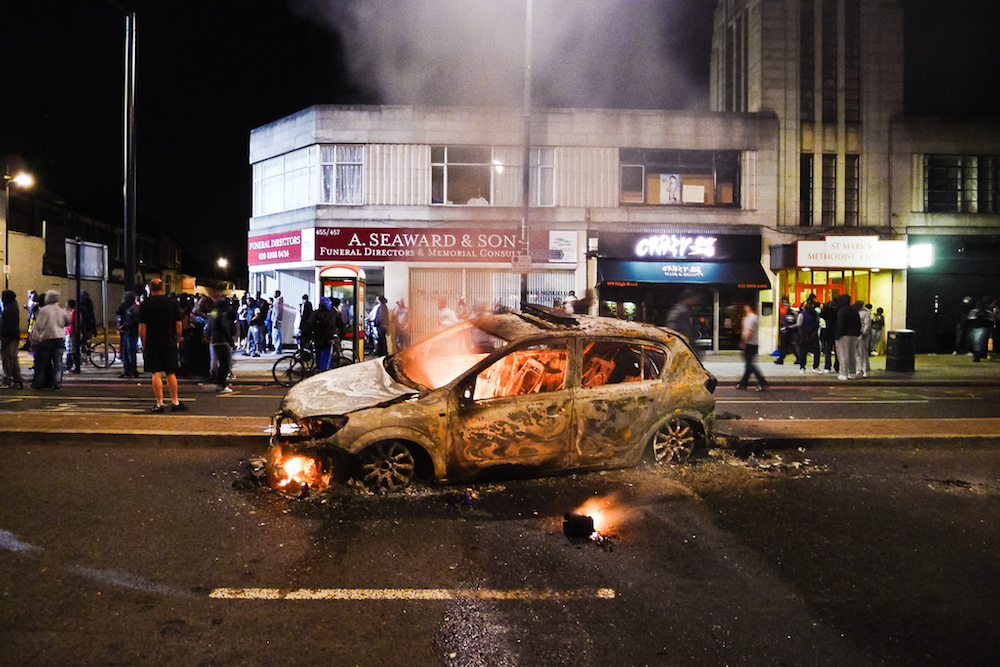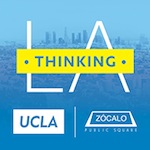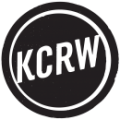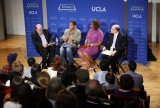
After recent riots in Ferguson, Missouri, Attorney General Eric Holder criticized the rioters and said: “The way in which we have made progress in this country is when we have seen peaceful, nonviolent demonstrations that have led to the change that has been the most long-lasting and the most pervasive.” But is that really true? American history is full of riots that were followed by dramatic change—from the Boston Tea Party (against the British) to the Shays’ Rebellion (against coercive taxation), from the Haymarket Square Riot (that inspired the 8-hour work day) to the food riots during the Great Depression (that inspired the New Deal). Do urban riots always cause white flight, as they did in Detroit? Or can they inspire investment and improvements in policing, as has been often claimed in Los Angeles? And despite their costs, can they bring renewed attention to long-simmering social ills? California State Senator Holly Mitchell, urban sociologist Max Herman, and UCLA historian Robin D.G. Kelley visit Zócalo to discuss how riots can change cities, for better and for worse.
Photo courtesy of Nico Hogg.
The Takeaway
There’s a Difference Between Riots and Rebellion
Dismissing Unrest in America’s Cities as Aimless Violence Overlooks the Roots of People’s Anger
From the Boston Tea Party to the recent protests in Baltimore and Ferguson, Americans have a long history of using violence to combat oppression and push for social change. But …






